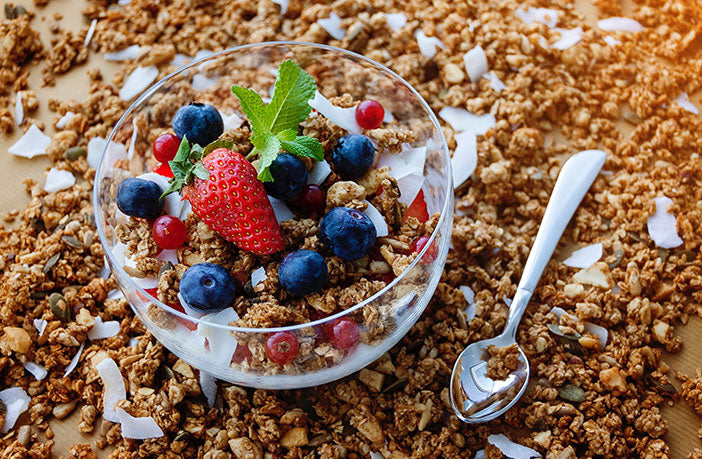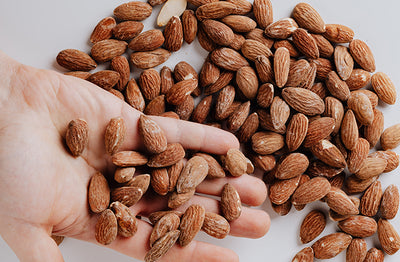There are eight B
vitamins which together are referred to as vitamin B complex, and they are essential to keeping our bodies healthy and allowing them to operate smoothly. The functions of these vitamins— B1, B2, B3, B5, B6, B7, B9, and B12— include helping to convert the food we eat into fuel, form red blood cells, produce hormones, and maintaining the health of the brain, bones, skin, and many other organs.
B complex vitamins are found naturally in meat, leafy greens, dairy, beans, peas, and whole grains. They can also be taken in the form of a supplement like B Complete Sustained-Release from
Herbs of Gold, which is a high-strength formula which releases nutrients into the body over an 8-hour period, helping to relieve stress and energise you.
It’s clear that complex B vitamins play an important role in your
overall health. Read on for an overview of each type of complex B vitamin, which foods contain it, and its specific functions in addition to converting food into energy, which all of the B complex vitamins contribute to.
Vitamins B1 and B2
Vitamin B1 (you’ll see it called thiamin on nutrition labels) is needed to maintain the health of the brain, muscles, and nervous system. Vitamin B2, also called riboflavin, helps to keep the eyes and skin healthy. They are found in foods like cereals, whole grains, dairy, eggs, and dark leafy greens.
Vitamin B3
Vitamin B3 is also known as niacin and is found in foods like chicken, fish, whole grains, peanuts, red meat, and liver. It is necessary for regulating appetite as well as for a healthy digestive system.
Vitamin B5
Also known as Pantothenic Acid, vitamin B5 must be present for the adrenal glands to produce sex and stress hormones and is also needed for the body to produce red blood cells. B5 is found in foods like avocado, leafy greens, dairy, mushrooms, whole grains, potatoes, legumes, and meats.
Vitamin B6
Vitamin B6 (pyridoxine) helps the body to fight infections and prevent anaemia. Pregnant and breastfeeding women need B6 to aid in the proper development of their babies’ brains. Getting sufficient B6 can also help to relieve the symptoms of PMS such as mood swings, breast tenderness, bloating, fluid retention, and headaches.
Food sources of B6 include most fruits except citrus, chickpeas, whole grains, potatoes, fish, and meats. B6 can also be taken as a supplement—Herbs of Gold offers a high-strength Vitamin B6 supplement that can be taken in a convenient one-a-day dosage.
Vitamin B7
B7, or Biotin, is necessary to synthesise fatty acids in the body as well as to promote the healthy growth of bones and hair. Common food sources include egg yolks, sunflower seeds, sweet potatoes, almonds, whole grains, meats, and leafy greens.
Vitamin B9
Vitamin B9, commonly known as Folic Acids, is needed to help create and maintain DNA and reduces the risk of congenital disabilities of the brain and spine. It is commonly found in dark leafy greens, legumes, asparagus, peanuts, salmon, and orange juice.
Read Also:















